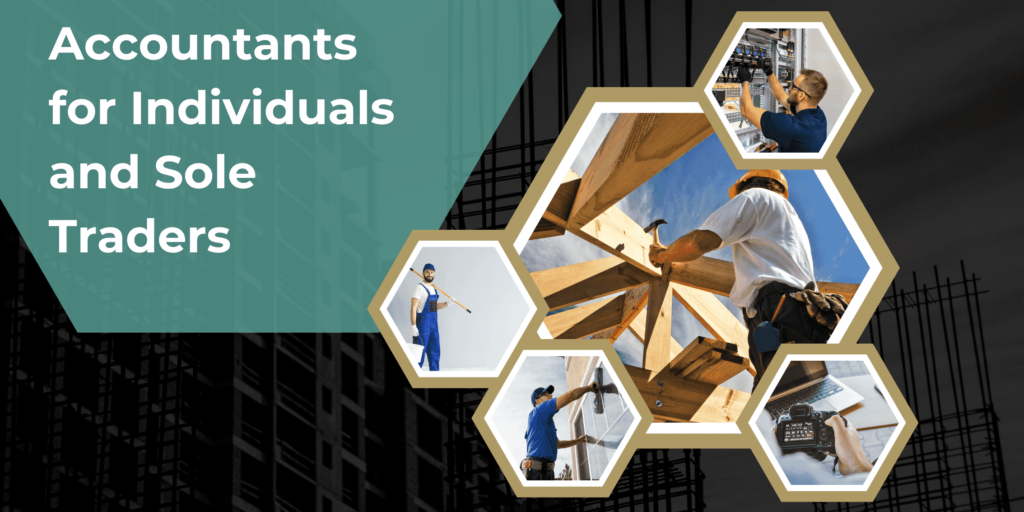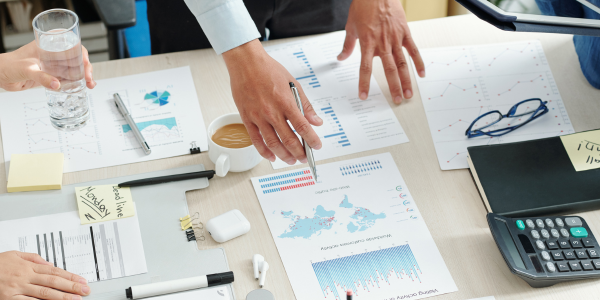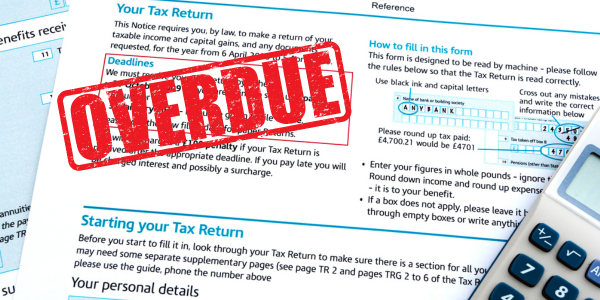Accountants for Individuals and Sole Traders

Accountants can provide friendly and open advice on all aspects of personal taxation including self-assessment tax returns, multiple aspects of financial tax planning and preparing accounts where relevant. This advice can help reduce tax liabilities, alleviate the burden of having to construct a tax return to file and give the individual peace of mind that their tax affairs are being dealt with correctly, so they can rest easy knowing that the next knock on the door is not likely to be the good old fashioned “Tax Man”!
Self-Assessment Tax Returns
Individuals who are employed in the UK will likely be paying tax as they earn it (PAYE). Individuals who earn income that is not taxed at source will likely need to report this to HMRC via a “self-assessment” tax return. The clue is in the name in terms of self-assessment. A tax return declared to HMRC by an individual is deemed as being assessed by the individual themselves. The role of the accountant is to help in the preparation of this, which can include any level of involvement from basic tax advice through to, and most commonly, preparation of the self-assessment tax return. It is the individual’s responsibility to understand and ensure all aspects of the self-assessment return are correct, before this is submitted to HMRC. Some examples of individuals who are required to complete a self-assessment are as follows:
- Sole traders – with profits over £1,000 per annum.
- Partners in a business partnership – partnership profits need to be reported and tax paid as appropriate.
- PAYE employees – earning over £100,000 per annum.
- Individuals receiving income from property – income received from property must be declared.
- Individuals with other forms of income – Income from savings, shares and other investments are taxable at different tax rates with separate allowances.
- Capital gains tax reporting – This also needs to be reported on a self-assessment tax return. In some cases, a capital gains tax return will also be required e.g. when a residential property is sold.
Sole Traders and Partnerships
To the average person, running a business as a self-employed sole trader may look like it comes with a lot of perks. Sole traders work for themselves, so no boss to answer to, no Oxford or Cambridge degree in office politics required etc. The truth is there are a lot of stressful elements to managing a business of any size, and sole traders may find that they do not have the time, skill set or general patience to keep a good track of their finances. Accountants can help with good financial planning as well as helping to create and put into effect robust bookkeeping systems to help sole traders and partnerships stay organised and keep on top of their finances. Unlike limited companies and LLP’s, sole traders and partnerships do not need to file accounts at Companies House. However, accountants can prepare accounts that will likely prove a very helpful source of financial knowledge to the sole trader or partner in business.
In summary, accountants can play a key role in ensuring that individuals and sole traders remain confident in the knowledge that their accounts and tax affairs are being well looked after, so they can focus on doing the things that will generate more taxable income.
For more information or to see how Perrys Accountants can help you, please contact your local branch.








